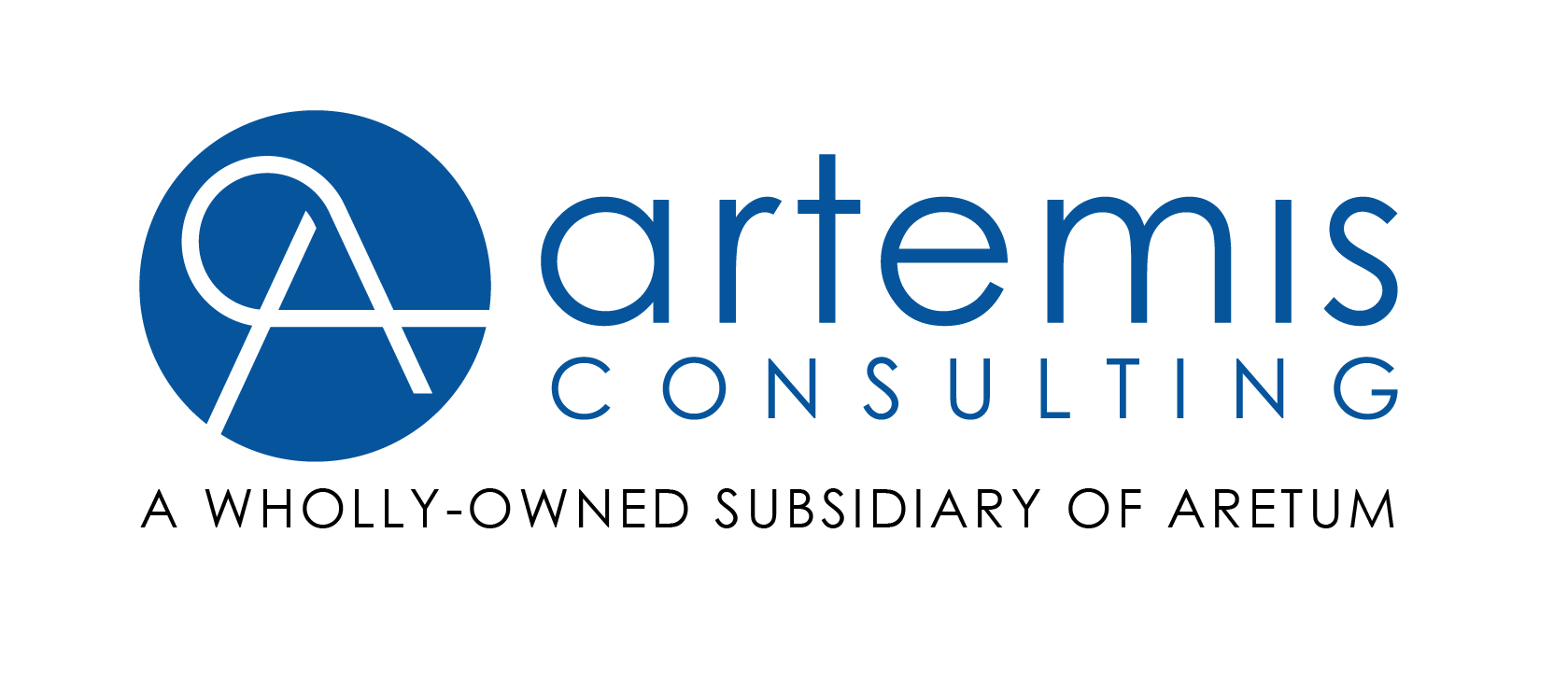
I recently passed the Zend PHP Certification Exam. My preparation involved several months of study, reading the PHP manual, taking practice tests, and also the Zend online training class for the exam. All of these materials contributed to building knowledge and understanding of the concepts behind various aspects of PHP development.
Having been a PHP developer for several years I wanted to get certified that I had reached a certain level of expertise with the language to back up my programming experience. While the certificate alone does not show a good developer, it does however display knowledge of PHP across the different facets of the language.
The exam covers ten areas of PHP programming, and often combines several concepts into a single question. The intention being that you need to be able to analyze code which uses multiple functions. Added to the challenge, in the multiple choice formatted questions, several of the answers may be very similar, or play upon your knowledge of other languages. For example, the inclusion of a familiar JavaScript method as a possible answer, may be just enough to throw you off your thinking.
Going through the study process led me to investigate aspects of PHP that I was less familiar with and several that I had never used. The exam places an emphasis on the newer features of PHP from the last few releases, so being up-to-date with your knowledge is essential.
For the exam, you have 90 minutes to answer 70 questions. Any question can be marked for review. Candidates are provided with a dry erase board and a marker, which are useful for working through the more complex questions. The exam questions do not go sequentially from easy to hard, or focus on a particular area of PHP in order, but are ordered randomly. Try not to be too alarmed if your first questions are challenging – there should be some easier ones coming up. If you find a question that is ambiguous or unclear, you can add a comment about it, which will be submitted to the exam board. Only do this if you have sufficient time, since the clock will still be running whilst you are adding a comment.
Getting through the exam successfully was not a simple task. I would say that it provides a good challenge, even for well-seasoned PHP veterans. The more PHP development experience you have and the more familiar you are with PHP’s latest functions and classes, then the more likely you’ll be able to tackle the complex questions that the exam poses. Why not take the challenge and let us know what you think?
